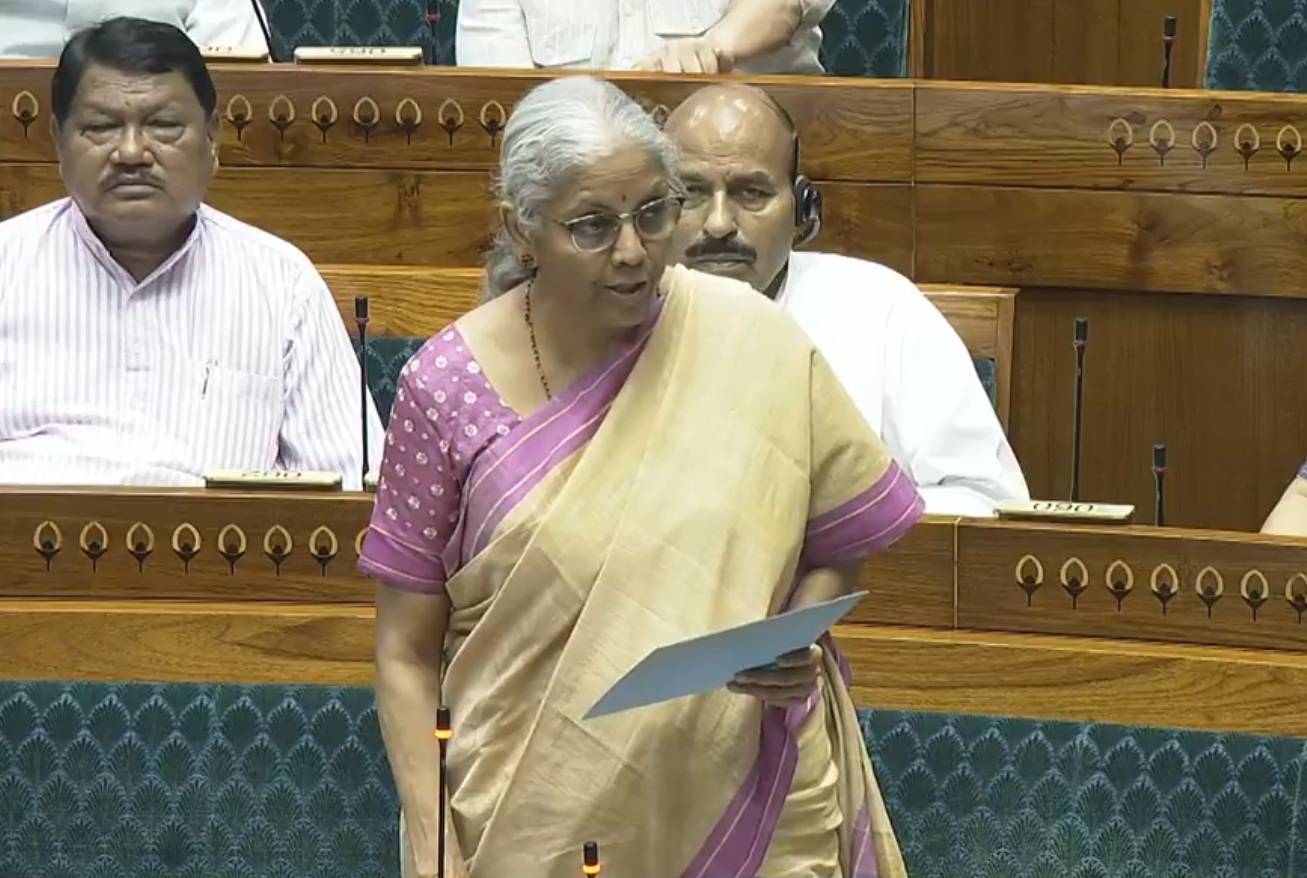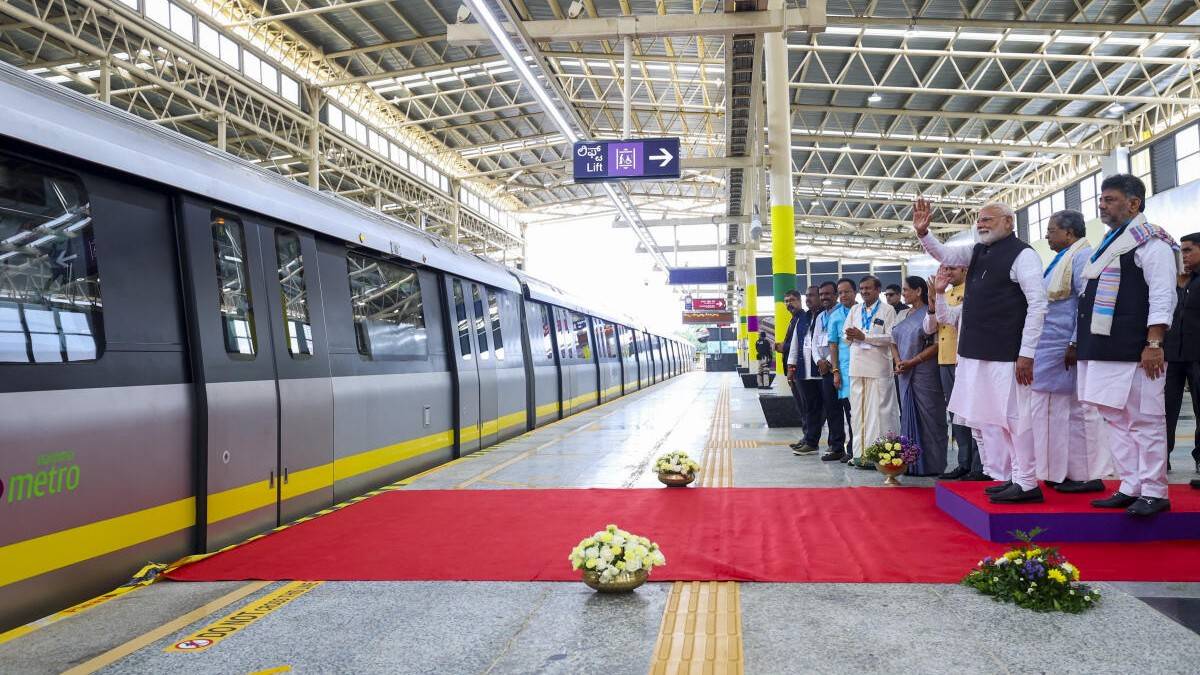The Union Ministry of Housing and Urban Affairs has issued a fresh advisory to all states and union territories following the formal conclusion of the Smart Cities Mission (SCM) in March 2025. The advisory outlines a framework to ensure the continued operation of the Special Purpose Vehicles (SPVs) and Integrated Command and Control Centres (ICCCs) that were set up under the mission. The move aims to help cities sustain and build upon the urban transformation initiated during the course of the centrally sponsored programme.
According to the government, as of March 2025, over 93% of the more than 8,000 projects sanctioned under the ₹48,000 crore Smart Cities Mission have been completed. The Centre has already disbursed 99.44% of the total budgeted funds. With the mission phase drawing to a close, the Ministry has advised states to integrate SPVs and ICCCs into their long-term urban governance structures to ensure that the systems and capacities developed under SCM continue to provide benefits.
The advisory emphasises that the SPVs, originally constituted to implement Smart City projects, should now be leveraged as multi-functional institutions that can support city-level initiatives beyond the scope of the mission. Their responsibilities can include managing cyber hygiene, handling data analytics, maintaining digital infrastructure, and offering consulting services to other urban bodies.
To facilitate this transition, states have been asked to draft policies that allow SPVs to charge fees for their consulting roles or for delivering specific urban services. This is intended to enable SPVs to operate in a financially self-sustaining manner post-SCM.
Alongside this, the advisory also positions ICCCs as critical digital assets that can function as urban operating systems or state-level analytical hubs. Initially conceived to support surveillance, grievance redressal, and real-time service monitoring in cities, these command centres are now being envisioned as long-term components of urban management.
The Ministry has suggested that their operational control be retained preferably by the respective urban development departments. This, it believes, will ensure closer integration with policy and administrative decision-making and will allow cities to deploy these centres in tackling new and evolving urban challenges.
The government’s statement explains that the advisory reflects a strategic decision to repurpose the institutional and technical capacities built under SCM. It notes that the expertise housed within SPVs can also be channelled into areas like project structuring, inter-agency coordination, and procurement—functions that will continue to be relevant for city governments as they pursue further infrastructure and service improvements.
The advisory comes amid growing questions around the long-term viability of the mission’s outcomes, especially as reports suggest mixed success across different cities. While many cities have completed physical infrastructure and digital projects, others are still in the process of operationalising their systems or integrating them with existing departments.
Some ICCCs reportedly face challenges related to staffing, interoperability, and usage beyond pilot functions. By formalising the future role of SPVs and ICCCs, the advisory seeks to provide states with a roadmap to avoid losing momentum post-mission and to continue modernising urban governance through institutional continuity.
The advisory had reportedly been under preparation since early 2025 as the March deadline for the mission approached. It signals the Centre’s intent to ensure that the institutional gains made through the ₹48,000 crore investment are not dismantled or left dormant. The Ministry has reiterated that states must now take the lead in embedding these entities within broader developmental frameworks and explore ways to integrate them with existing schemes, municipal structures, and emerging urban requirements.









